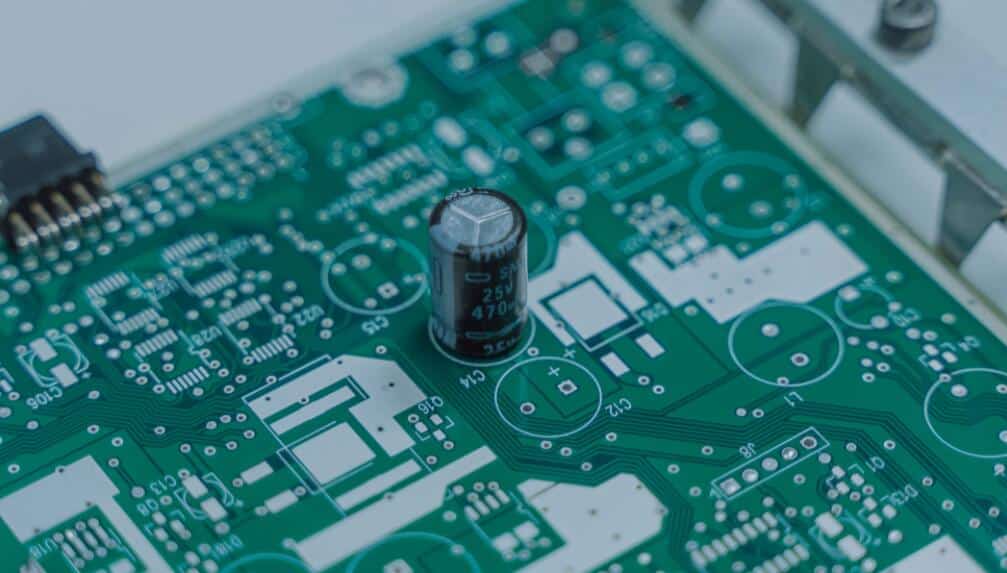China's Ministry of Industry and Information Technology (MIIT) discussed the recent supply shortage of automotive chips with representatives of automotive chip suppliers on February 9.
According to an article posted on MIIT's website, the companies said they have set up special working groups, strengthened communication with component companies, and activated spare capacity and accelerated logistics in response to the current market situation.
The MIIT suggested that automotive chip supply companies should pay attention to the Chinese market, increase the deployment of production capacity, improve the efficiency of the distribution chain, and strengthen synergy with upstream and downstream enterprises to alleviate the problem of tight automotive chip supply.
China's January new energy vehicle sales rose 238.5% year-on-year to 179,000 units, according to data released earlier today by the China Association of Automobile Manufacturers (CAAM).
In January 2021, China's auto industry produced and sold 2.38 million and 2.5 million vehicles, down 15.9 percent and 11.6 percent from December, and up 34.6 percent and 29.5 percent year-on-year, respectively.
From the comparison with December, the faster decline in production reflects the lack of supply of automotive chips affecting companies' production pace, the CAAM said.
China Passenger Car Association (CPCA) on Monday said the shortage of automotive chips is due to a shortage of supply and a large increase in demand caused by the impact of the COVID-19 pandemic on the global distributed supply chain, and expects the problem to gradually ease.
The European epidemic in the fourth quarter of 2020 drove the demand for online communication, demand for PCs and tablets jumped 26% and 54% year-on-year, so the world's major IC manufacturing lines are experiencing capacity constraints.
The shortage of automotive chips is the global base supply problem, coupled with the high growth in demand for consumer electronics, resulting in a certain impact on demand for automotive chips, the CPCA said, adding that many international car companies are also affected by the impact of chips leading to increased pressure from supply and demand.
In addition, cell phone consumer electronics and home car consumption rhythm is different, the peak season for cell phone sales is May-November, the off-season for February-April. With the end of Christmas in Europe and the United States, chip production resumed.
At the same time, the Chinese New Year is approaching, most students in Europe and the United States to resume online classes, the peak demand period for consumer electronics products has passed, the chip shortage problem should be significantly alleviated, the CPCA said.
(Source: Unsplash)

